
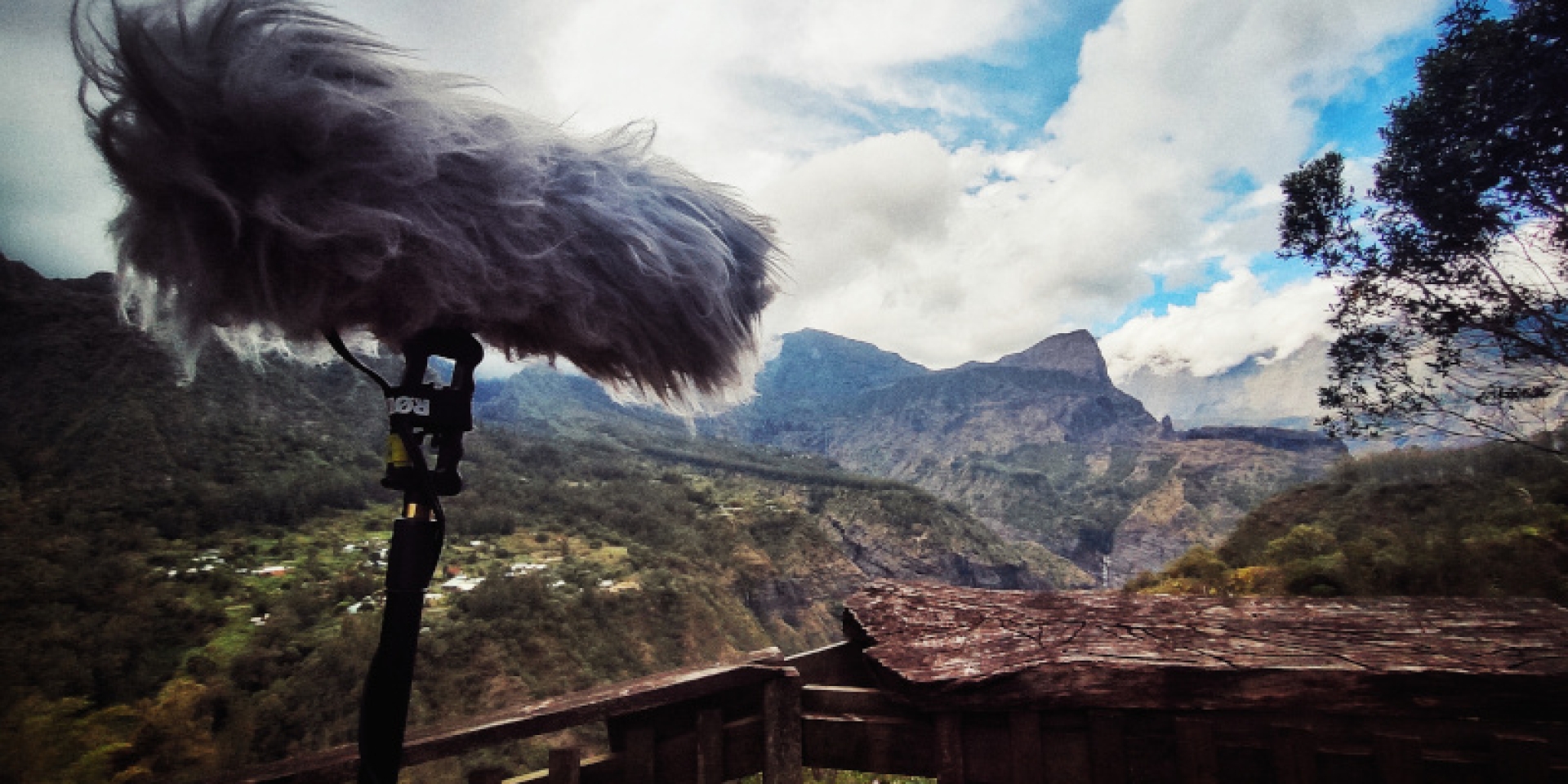
Do I need experience in the audiovisual area?
No, no experience is needed. The study course starts at a foundational level.
Which languages are spoken at ZeLIG?
The teaching languages at ZeLIG are German, Italian and English. Language is a crucial part of ZeLIG’s multicultural approach to teaching.
If I am not able to speak one of the three languages, may I participate to the admission process?
Yes, you can. At the moment when you send us your application, you have to know two languages at the B2 level, but you have to start to learn the third language in order to achieve the A1 level by the moment you will eventually be invited for the second part (onsite exam) of the admission, and we will proof it during those days.
Here a summary:
when you send us the application
Language 1 B2
Language 2 B2
Language 3 –
if invited at the onsite exam
Language 1 B2
Language 2 B2
Language 3 A1 (listening, spoken interaction and spoken production)
after the first year of studies
Language 1 B2
Language 2 B2
Language 3 B1
Refer to the “Common European Framework of Reference for Languages Self-assessment grid”:
Does ZeLIG cover the costs of language learning?
ZeLIG supports the learning process of a new language; in the case the participation to a language course is needed, ZeLIG could eventually cover a part of the expenses.
What are full-time studies?
The training at ZeLIG lasts three years and is a full-time course. Classes usually start at 9:30 am and finish by 5:30 pm. However, occasionally there will be evening courses, film screenings and shootings after hours, there may be weekend classes, night shootings and shootings abroad. ZeLIG’s entire infrastructure is available in the evenings and on weekends for individual practise. The studies are time-consuming.
Can I apply for a study grant?
Every year, the Autonomous Province of Bolzano offers study grants. For further information please contact Autonome Provinz Bozen, Amt für Schulfürsorge, Studienbeihilfen (This email address is being protected from spambots. You need JavaScript enabled to view it. - T: +39 0471 412924).
Who can apply for a study course at ZeLIG?
Anybody fulfilling the minimum requirements can apply to ZeLIG. The age is 19 to 30 years between 1. January and 31 December 2022.
Where can I live in Bolzano?
The students have to find their own accommodation. ZeLIG can help with some advice.o, ZeLIG cannot cover any such costs.
If an urgent question has not been answered, please send an email to This email address is being protected from spambots. You need JavaScript enabled to view it.
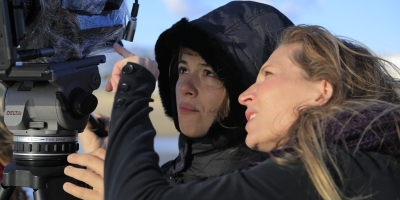
The call for admission to the 2025-2028 training cycle is open!
The admission is divided in two parts: the online one, which requires test materials and documentation, has a deadline set on January, 31. 2025, 23:59h (CET).

The tuition fees for the study cycle 2019-2022 are 1,000 euros per study year. The fee is to be paid after the admission exam. The fee is non-refundable.
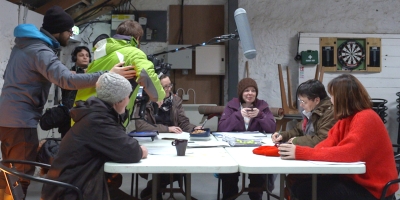
Upon completion of the final exam, students are awarded a Professional Training diploma, issued by the Autonomous Province of Bolzano and recognised at the European level, in one of three areas of specialization, and receive certification as
Documentary filmmaker in the audiovisual industry with skills in Directing/Project Development;
Documentary filmmaker in the audiovisual industry with skills in Editing/Postproduction;
Documentary filmmaker in the audiovisual industry with skills in Photography/Lighting.
Graduates possess the skills needed for placement on the job market, which they will apply, autonomously and with responsibility, to specific roles in the documentary filmmaking industry. Graduates are assigned EQF (European Qualification Framework) Level 5 certification. Graduates also possess skills outside their own specific areas of interest, which may be applied to different roles and situations in the production process of films and other audiovisual products. Graduates also possess skills outside their own specific areas of interest, which may be applied to different roles and situations in the production process of films and other audiovisual products.
ZeLIG is local, but with an international network of contacts, which facilitate the access to the professional world.
ZeLIG is an active member of The International Association of Film and Television Schools CILECT and its European grouping GEECT. It is also member of the Italian and German Documentary Professional associations Doc/it and AG DOK, and the European Documentary Network EDN.
The support and investment of the South Tyrolean Department of Economic has steadily increased since 2010. Thanks to the subsidies offered by IDM (Innovation, Development and Marketing Südtirol), many productions shoot their films in South Tyrol. In order to obtain production funding, there has to be an economic territorial effect of 150% (Südtirol Effekt) in reference to the corresponding funding amount. ZeLIG graduates are able to provide this "Südtirol Effekt".
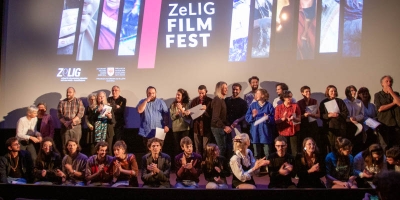
Independent - committed - creative
ZeLIG’s three-year program is designed for people interested in all forms of documentary cinema – the entire spectrum of the visual and sound experience. ZeLIG seeks people with passion and talent, who are strongly motivated to make a career out of these gifts.
The program is geared toward people who look at the world with interest and creativity; people who are flexible, who freely express themselves and are willing to take chances. People who can adapt to different roles to make their contribution to an audiovisual production.
Applicants must be hungry to learn, and develop their own creativity and the ability to recognize creativity in others; they must seek to acquire knowledge and technical skills, improve social skills and focus on working in groups.
Applicants must be committed to work in a responsible and cocreative way, and be dedicated to learning and growing together – both as professionals and as people.
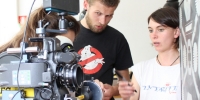
3,300 hours of training – of which 3,000 in classes and 300 in work experiences, full-time and with compulsory attendance
The study course 2019-2022 starts on 4. November 2019 and ends on 1 July 2022.
The study course is structured into introductory, intermediate and specialising modules with classroom teaching, hands-on experience and group work. We strongly encourage active involvement in co-creative work. The students have access to the premises and the equipment outside of study hours in order to enable them to work independently on their projects.
First year
During the first year, the emphasis is on the basic elements of analysing and understanding audio-visual language and the general principles of film production. The students are also taught the basics of how to plan and make a documentary. The general introduction is followed by intermediate courses on the contents in phase two, ending with a practical exercise: short documentary films, produced in a group and independently developed.
The first year is also aimed at identifying motivations and talents of the individual students for one of the three specialisations (Directing/Project development, Photography/Light, Editing/Post-production). The exam at the end of the year assesses the general level of learning, followed by assigning a specialisation.
Second Year
The second year is divided into “vertical modules”, which are different for each major, and focus on developing the skills in each of the three specializations offered; and “horizontal modules”, which involve all students, regardless of their majors. As in the first year, seminars that focus on theory are accompanied by hands-on activities, including the making of a short documentary, in which each student participates in a group initiative based on his or her area of specialization.
Upon conclusion of the second year, students take part in internship programs based on their majors.
Third year
In the third year the students produce a professional documentary film of medium or feature film length. This involves research, a written abstract with storyline, visual and editing concept, a pitch with two-pager and teaser, a project dossier, pre-production, budgeting, production, post-production and delivery. During the production the students work according to their specialisations and as a team on all other aspects.
Diploma exam
The third year concludes with the diploma exam, assessing the didactical results at the end of the triennium.
Internships
During the training the students take part in work experiences between the first and second and/or the second and third study year, in line with their specialisation.
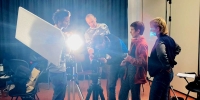
The aims of training are to provide students with the basic technical skills and know-how to be able to work as professionals upon graduation, in various areas of audiovisual production, and specialized skills and know-how in the three majors offered: Direction/Project Development, Photography/Lights and Editing/Post-Production.
Students who graduate with a major in Direction/Project Development will demonstrate a capacity for working autonomously and assuming responsibility, as they contribute creatively to the conception, research and writing of the documentary. They will also have the skills and know-how to create dossiers for film projects, and pitch those projects. From there, they direct the making of films, in terms of narrative and artistic development, and technical direction of the other professionals involved.
Students who graduate with a major in Photography/Lights will demonstrate a capacity for translating the idea and subject of a documentary into images. They will also have the skills and know-how to work with directors, or autonomously, as they contribute to the conception of visual ideas for films. They are responsible for the photography of documentaries, in line with the subject and story, from filming phases to post-production.
Students who graduate with a major in Editing/Post-Production will demonstrate a capacity for working autonomously and assuming responsibility in the construction of the documentary’s story line through the creative use of images and sounds recorded during filming. They are responsible for the editing phase in its entirety; along with directors, they are in charge of the post-production process, and the realization of documentary films based on the techniques agreed upon with the production staffs.
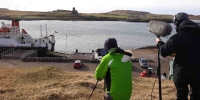
Practise-oriented – open-minded – multilingual
ZeLIG training is well suited to the labour market.
The teachers bring different cultures, styles, perspectives and work procedures to ZeLIG and are all highly qualified professionals. Coming from all over the world, they hold classes of one or several weeks in Bolzano during which they pass on the latest developments in the media.
Technical and content know how is taught with a practical orientation. Students are introduced to different narrative forms and stylistic means. They are supported and guided in their quest for their very personal paths.
At ZeLIG the spoken languages are German, Italian and English. Student, teachers and staff are free to express themselves in any which one of these language and which is best suited to transmitting their ideas. This creative approach to linguistic variety opens the gates to the international markets and to future opportunities.
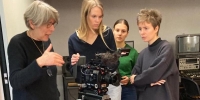
The ZeLIG course of study is aimed at young people with an interest in working with audio-visual media and particularly all forms of documentary cinema – the entire creative spectrum of the visual and sound experience. ZeLIG seeks people with passion and talent, who are strongly motivated to make a career out of these gifts.